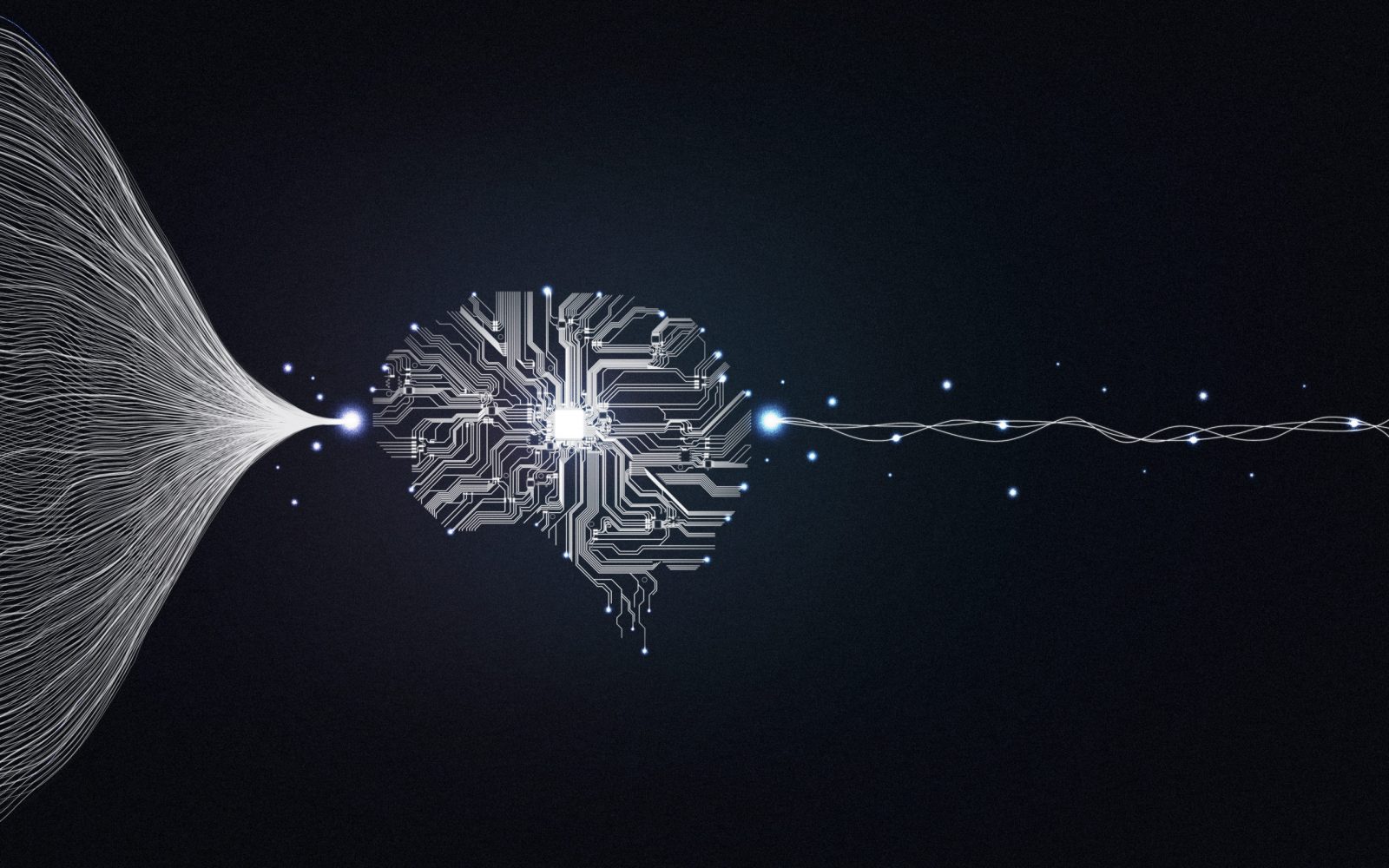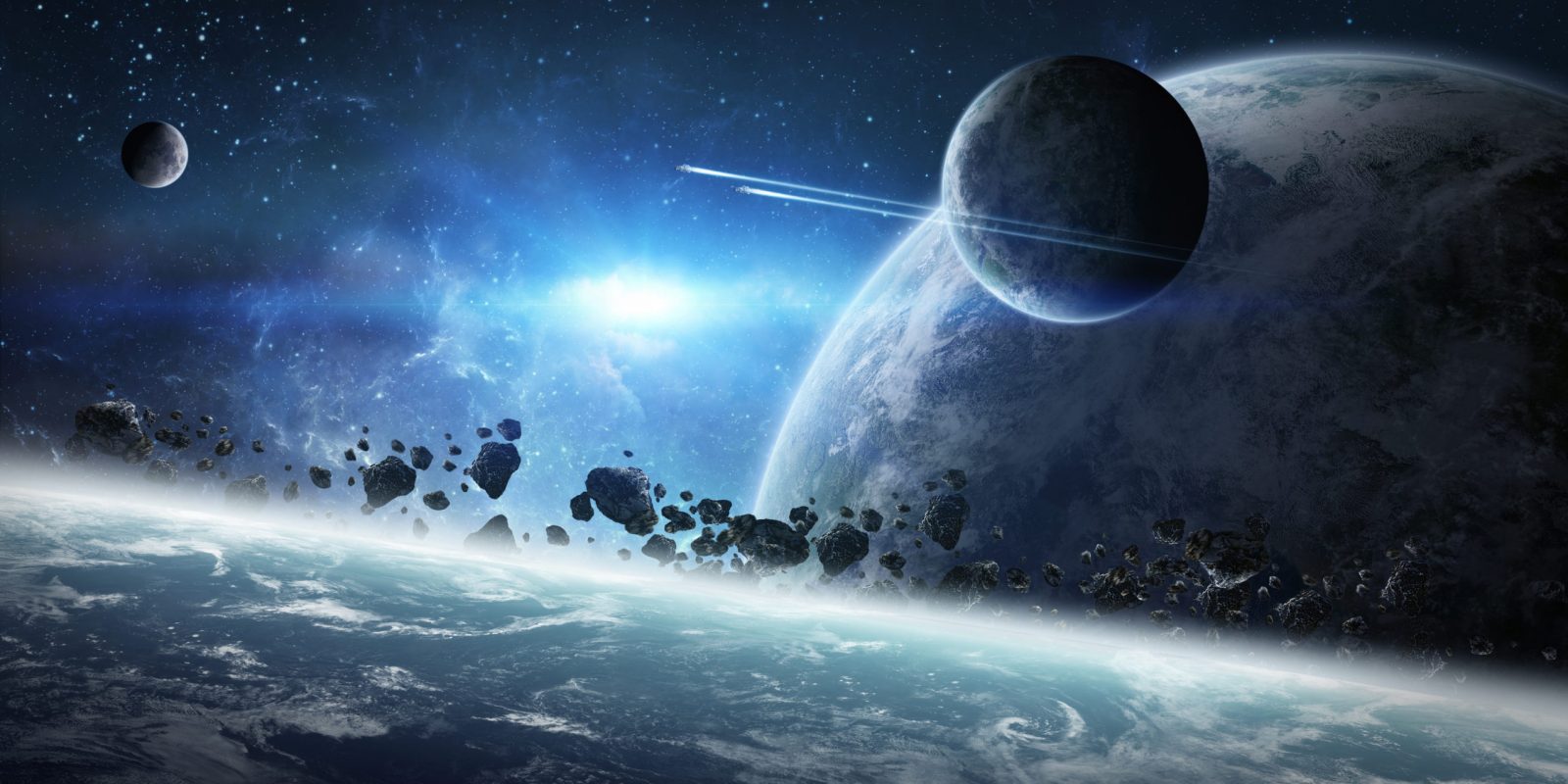
Dembski’s ID Filter — the Sea His Critics Swim In
On this episode of ID the Future, Robert Crowther interviews Eric Holloway, Associate Fellow at the Walter Bradley Center for Natural and Artificial Intelligence, about Holloway’s recent article answering a common criticism of intelligent design theory. The criticism centers on William Dembski’s explanatory filter for detecting design, especially Dembski’s crucial innovation, which was to include specification as the filter’s final step. Critics say specification is an ad hoc addition, conjured up by ID theorists for no good reason except to prop up ID theory. No one else uses it, they say. They’re wrong, says Holloway. Dembski accurately formalized a filter we use so often that we’re like fish in the sea. We are unaware of it because it’s ubiquitous. To prove his point, Holloway comes armed with powerful examples from information theory, communication theory, and cryptography.





